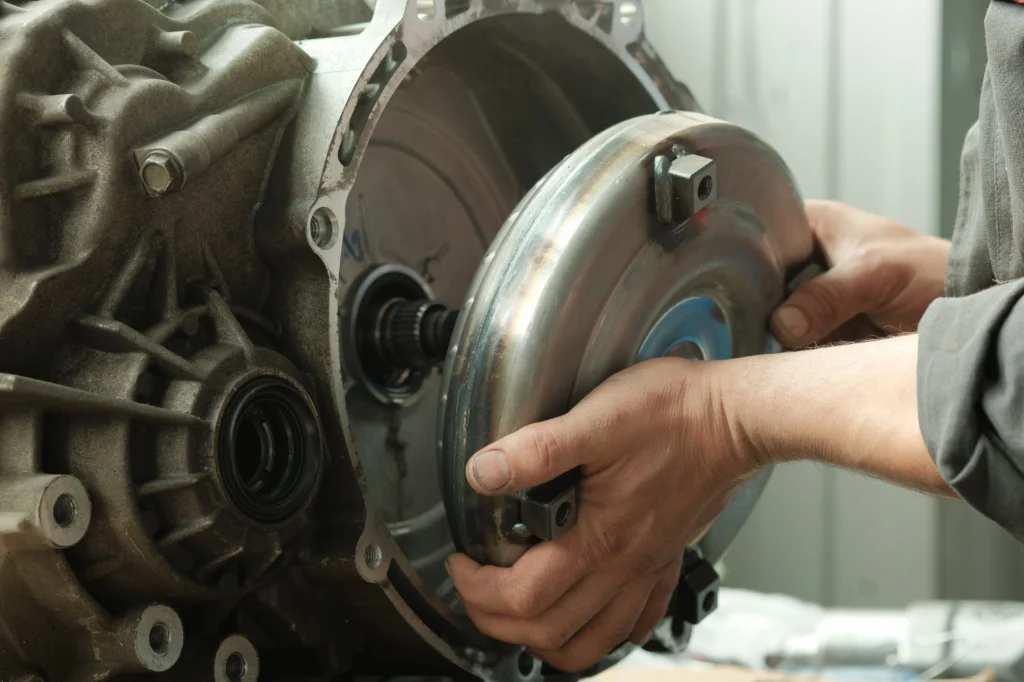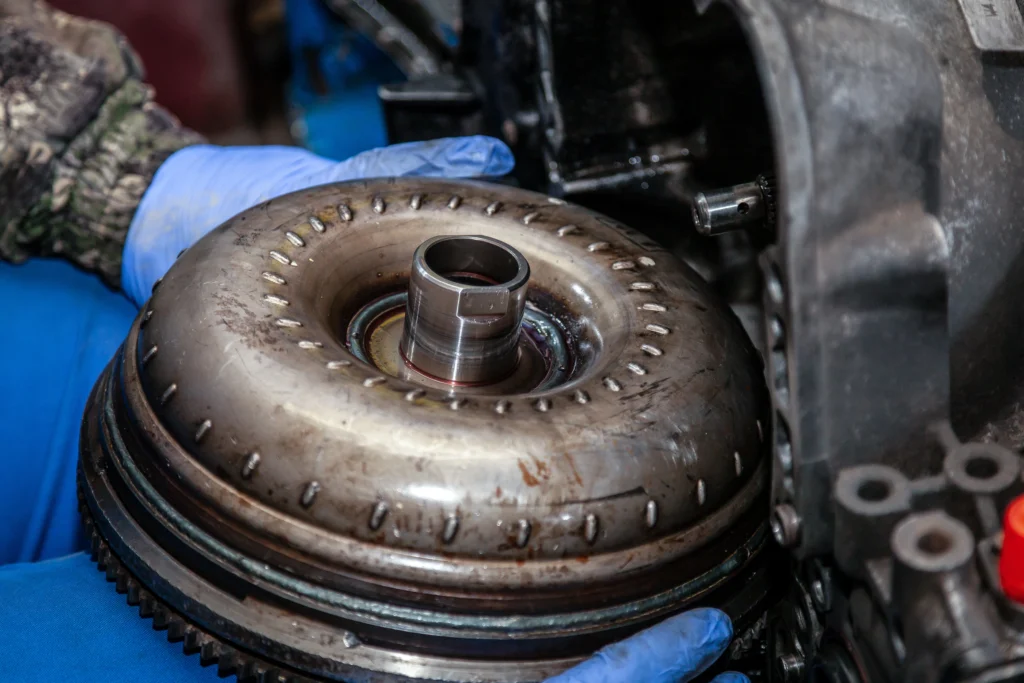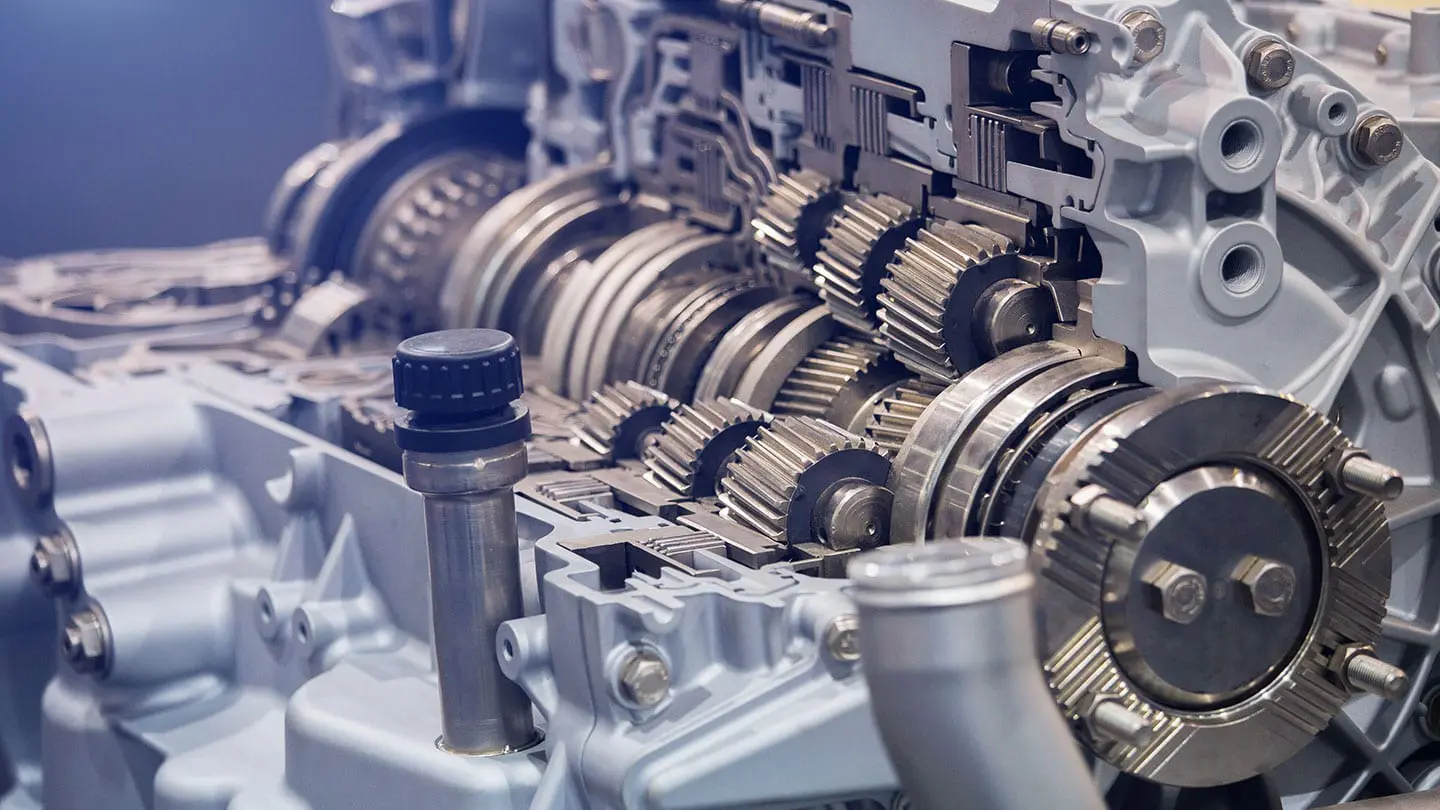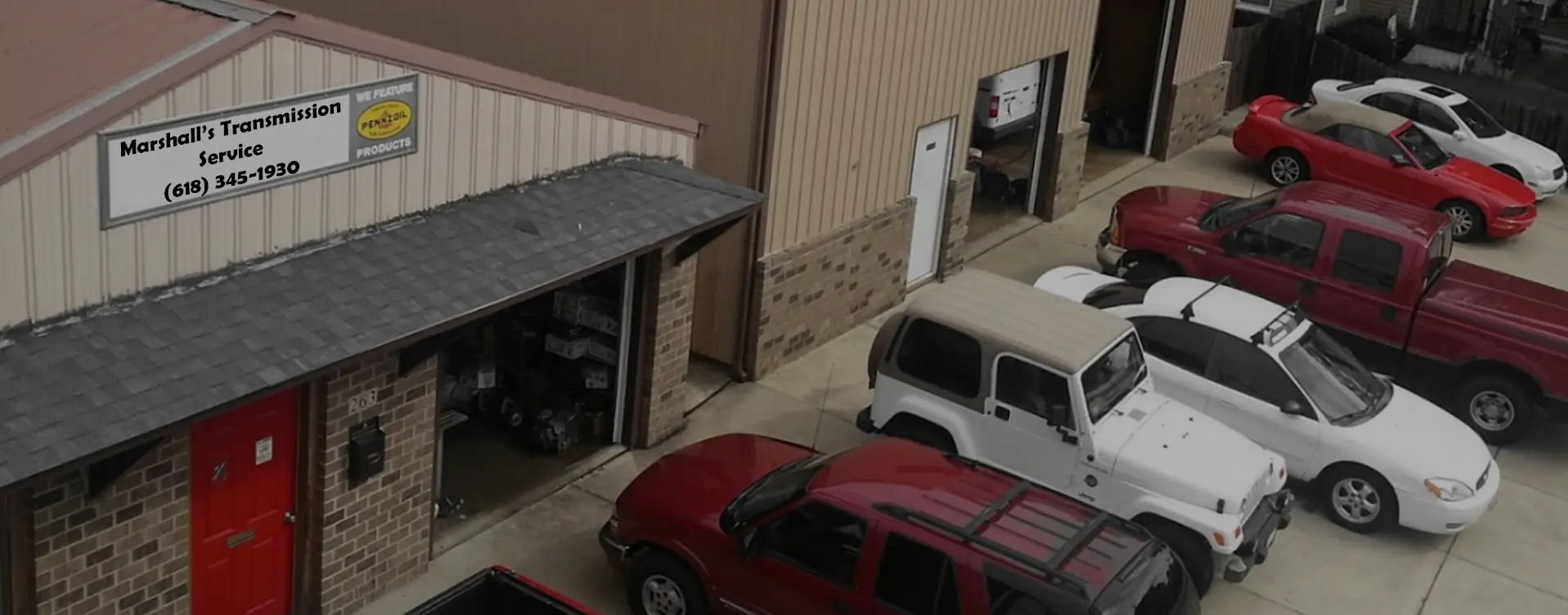
Your vehicle’s transmission system is made up of several important parts working together to keep your car moving smoothly—and one of those parts is the torque converter. It’s a critical component in automatic transmissions that transfers power from the engine to the transmission. When the torque converter begins to fail, it can lead to a variety of drivability problems that shouldn’t be ignored. Knowing the signs of a bad converter in Collinsville, IL can help you catch the issue early and avoid more expensive repairs down the road.
What Is a Torque Converter?
Before diving into the warning signs, it helps to understand what a torque converter does. Unlike manual transmissions that use a clutch, automatic transmissions rely on the converter to manage the connection between the engine and the transmission. It allows your engine to keep running even when your car is stopped, and it multiplies torque when you’re accelerating, giving your vehicle the power it needs to move forward.
Common Symptoms of a Failing Torque Converter
- Slipping Between Gears
If your transmission feels like it’s slipping in and out of gear or is slow to engage, your converter may be struggling to maintain the proper pressure. This can feel like a delay in acceleration, especially when you press the gas pedal and the engine revs without a corresponding increase in speed. - Overheating Transmission
A bad converter can cause your transmission to overheat. When the converter doesn’t manage the transmission fluid properly, it can cause the fluid to become too hot. If you notice your temperature gauge rising or get a warning light on your dashboard, it’s time to have your transmission fluid—and the torque converter—inspected. - Strange Noises
Unusual noises like whining, clunking, or shuddering during acceleration can also be symptoms of a failing torque converter. These sounds are often more noticeable when your vehicle shifts gears or when you’re driving at lower speeds. - Shuddering or Vibrations
A clear sign of converter trouble is a noticeable shuddering or shaking sensation while driving, especially around 30–45 mph. This is often described as feeling like you’re driving over rumble strips, even on smooth roads. - Poor Fuel Efficiency
If your car isn’t shifting properly or is struggling to maintain power, it could lead to increased fuel consumption. A failing torque converter forces the engine to work harder, which uses more fuel than normal.

What Should You Do?
If you notice any of these signs, don’t ignore them. Continued driving with a bad torque converter can lead to complete transmission failure—a repair that’s far more costly than replacing the converter itself. A professional diagnostic test in Collinsville, IL can confirm whether the converter is the culprit or if another part of your transmission is to blame.
Give Marshall’s Transmission Service a call today if you are looking for a company that can help you with your torque converter.




